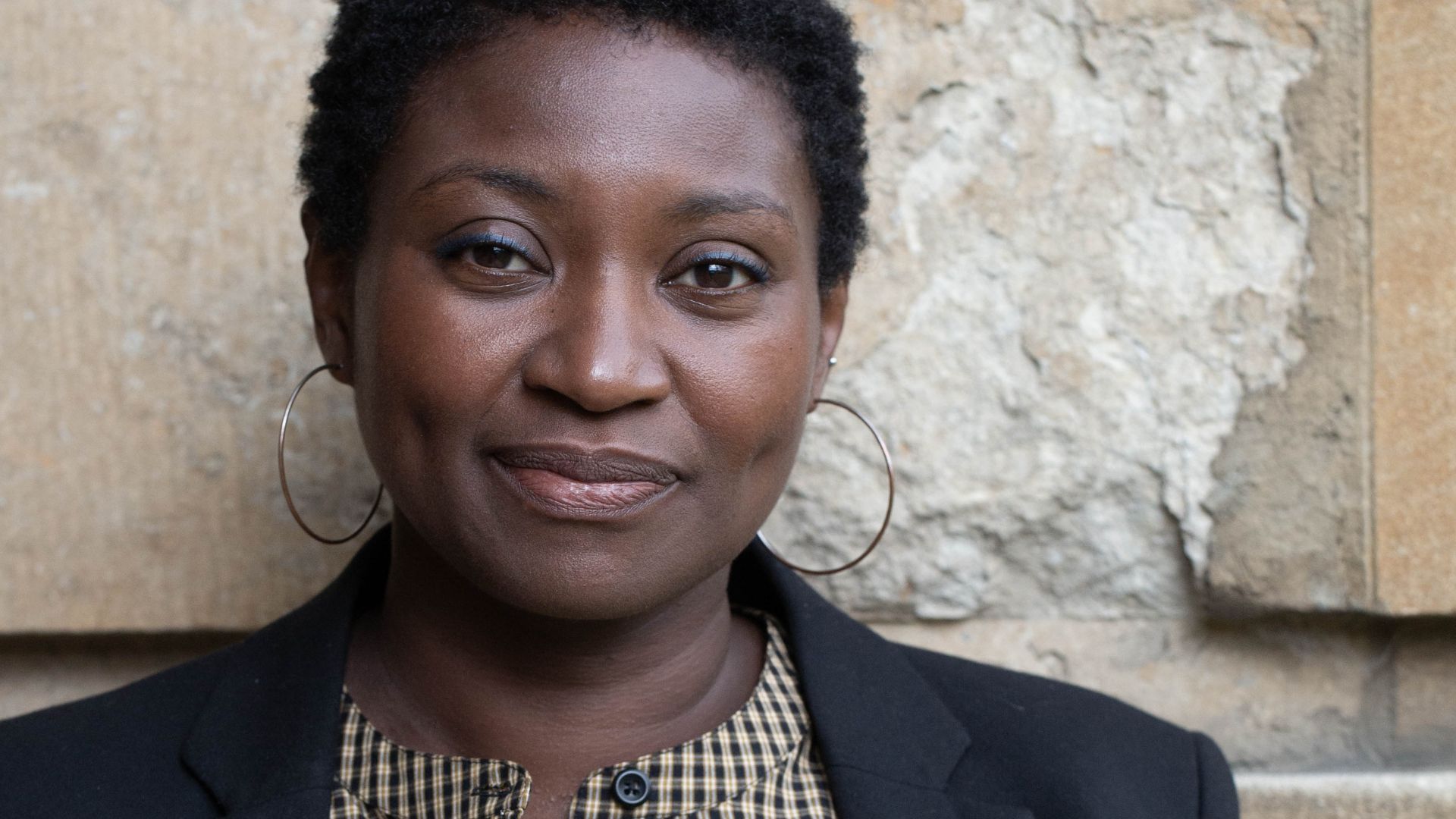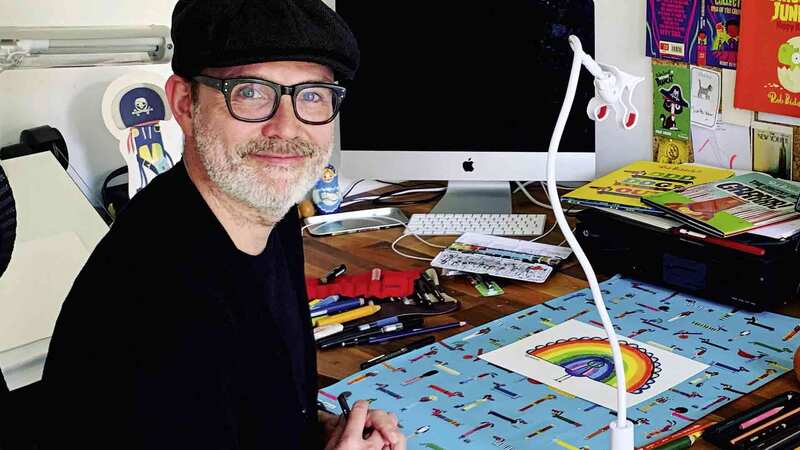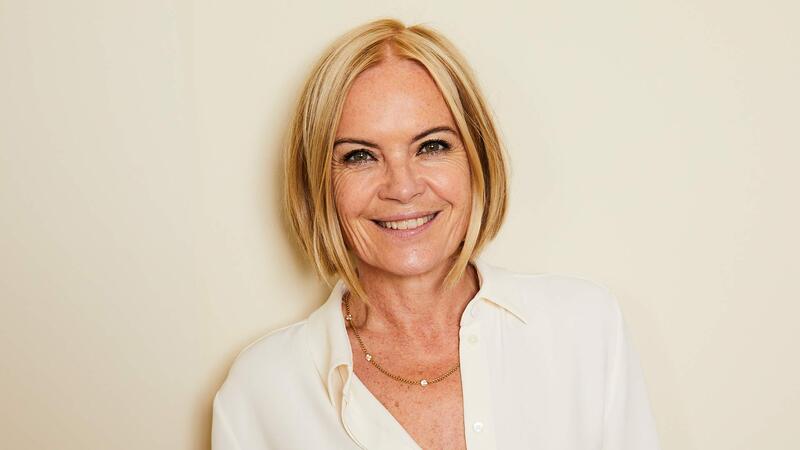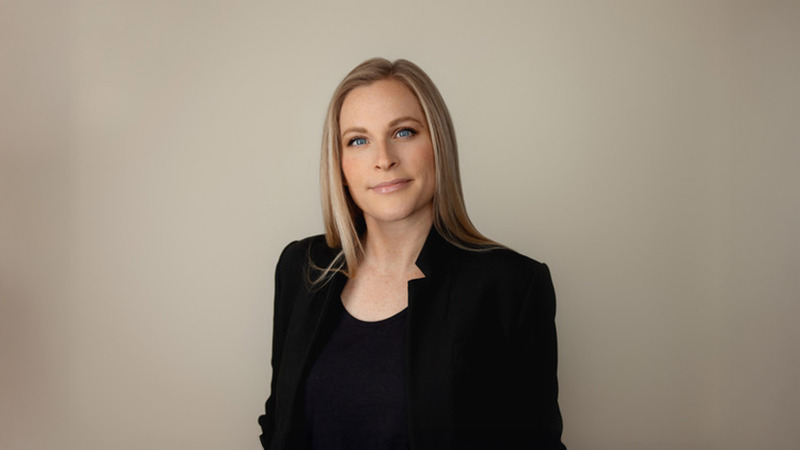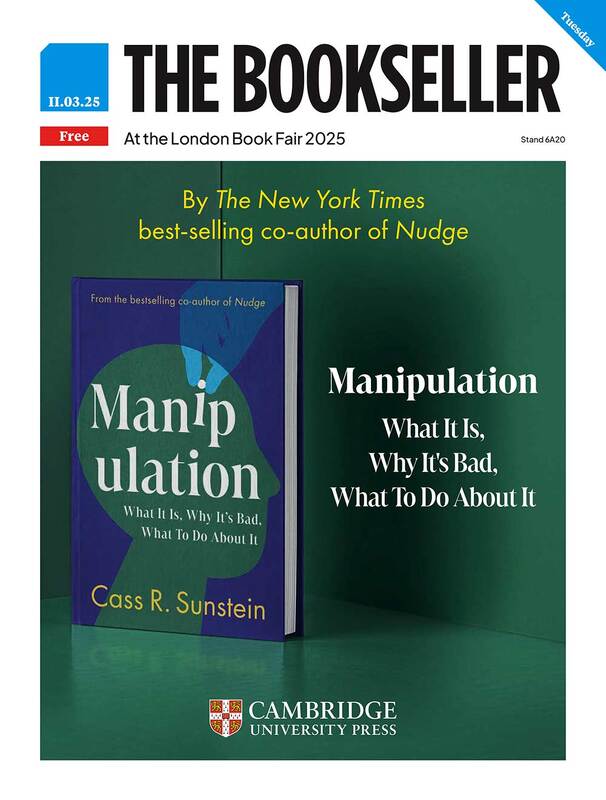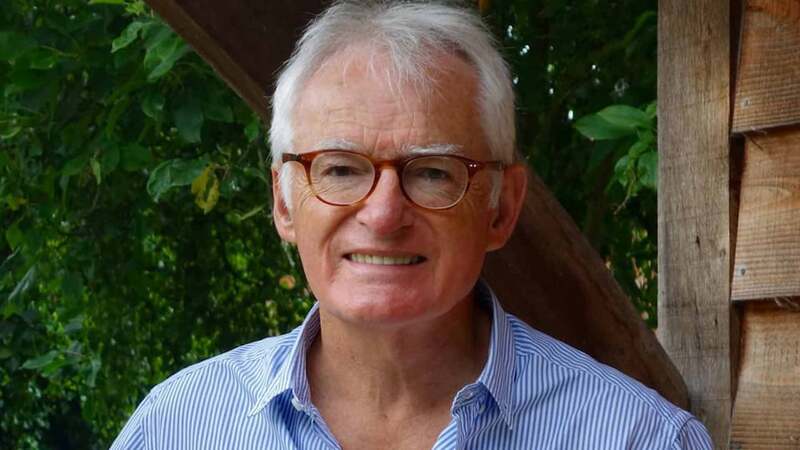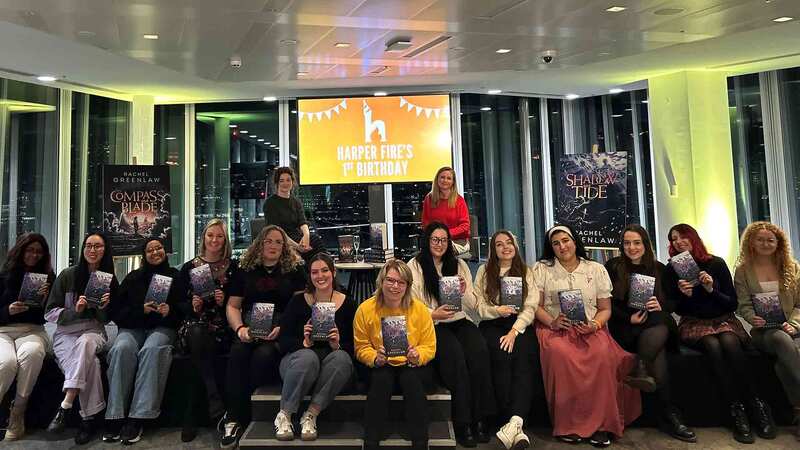You are viewing your 1 free article this month. Login to read more articles.
Viking triumphs in six-way auction for Dr Meleisa Ono-George's 'deeply compelling' trade debut
Viking has triumphed in a six-way auction for historian Dr Meleisa Ono-George’s debut trade book: My Name Is Amelia Newsham: Science, Art And The Making of Race.
It is billed as a “deeply compelling and previously little-known story of an enslaved Jamaican woman who forever changed how we understand race in Britain”.
Editor Alpana Sajip acquired UK and Commonwealth rights from Matthew Marland at RCW.
“Amelia Newsham occupied a singular place in Georgian Britain. The child of Black and enslaved parents, Amelia was born with albinism, a genetic condition that made her skin white and hair blond, at a time when albinism, and the causes of skin colour more generally, were medically misunderstood and shrouded in superstition,” the publisher said.
“Amelia was separated from her family in Jamaica and brought to London in 1753 to be exhibited as a curiosity across Britain, painted by celebrated artist Johann Zoffany, and examined by some of Europe’s leading physicians and scientists, including Carl Linnaeus. The attempts of Linnaeus (and other ‘men of science’) to explain her difference and to place her within emerging racial classifications reveal the horrifying role of Western scientists in the positioning of African people as inferior to Europeans – an idea that remains foundational in the continued dehumanisation of people of African ancestry.”
The publisher continued: “By the end of the 18th Century, Amelia was a household name throughout Britain, though she has since been largely forgotten by modern historians – until now. In this revelatory work, Oxford historian Meleisa Ono-George uses the fragmentary source material of Amelia’s life to weave an intimate and nuanced history of race in Britain, a history with legacies that continue to shape our society today.”
Sajip said: “Amelia Newsham’s story has not yet been heard by a wide audience, and it is both fascinating and pivotal to our understanding of the formation of racial ideology in Britain. This period was a crucial historical turning point: ideas about the boundaries of whiteness and blackness that were being discussed, debated and solidified in Georgian Britain have had a lasting impact on how we conceptualise race in the 21st Century. In captivating prose, Meleisa has synthesised these important themes through the remarkable life of one woman, and I can’t wait to introduce readers to this book.”
Ono-George added: “I am so pleased My Name is Amelia Newsham has found a home at Viking and to be working with Alpana to bring Amelia’s story to life. This is a book that was born out of a refusal to allow Amelia’s name to be forgotten – a refusal to forget the number of other socially marginalised people, often poor, Black, and disabled, whose names we might not know but whose lives and bodies were so integral to developments in science and art, and ultimately to histories of race in Britain. This book is not just about a hidden history or recovery – it is also about the history of race, as it developed and emerged in Britain.’”
Dr Meleisa Ono-George is the Brittenden Fellow of Modern and Black British History at Queen’s College, University of Oxford. She is a social-cultural historian of race and gender, with a focus on Black women’s histories in Britain and the Anglo-Caribbean.





